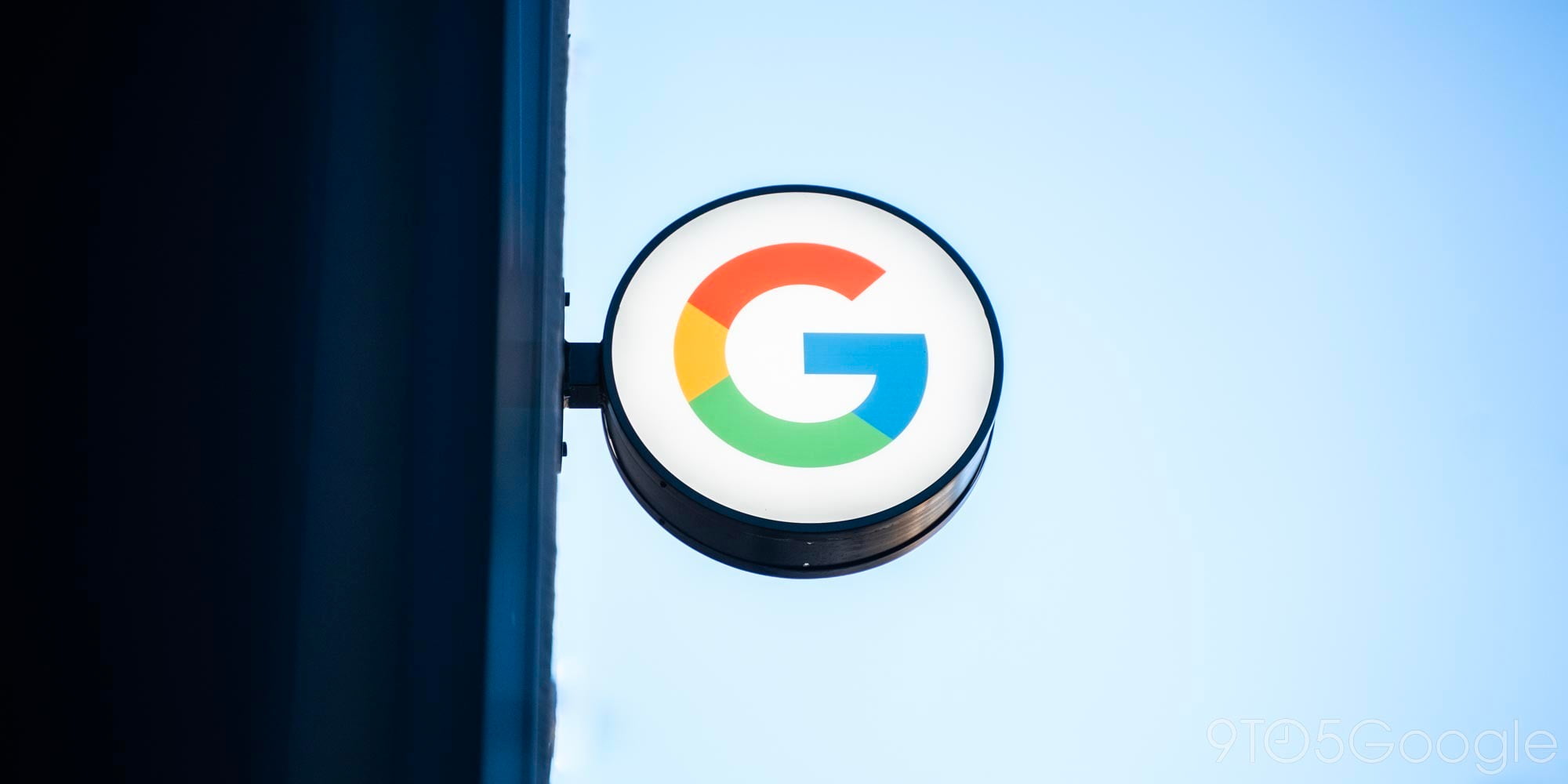

Google has today announced at the second Project Ara developers conference that the “market pilot” pre-launch release of the modular smartphone will be coming to the island of Puerto Rico later this year.
The Google ATAP team has chosen Puerto Rico as the market of choice to test launch the phone for a variety of reasons, including a diverse mobile base and the country’s mobile-first ecosystem.
The launch of the device in Puerto Rico is to come sometime after Q2 of this year, at which point the Spiral 3 version of the Project Ara device will have been completed and the final basic features will be in place.
Google ATAP’s Paul Eremenko took some time on stage to mention the variety of cellular users that can be found on the island:
First, Puerto Rico has an incredibly diverse mobile user base, that ranges all the way from a large number of feature phone users all the way up to premium smartphone users. We need to be able to reach both with the Ara platform, and so we should have both included in the market pilot. As it happens, the ratio in Puerto Rico is about 50/50 between feature phone users and smartphone users.
Eremenko also touched on the fact that the carrier landscape in Puerto Rico is very diverse, serving as a perfect place to test cellular radio modules. The company is partnering with two carriers: OpenMobile, and Clara.
Cell phones are the principal means of accessing the internet for over 75% of internet users in Puerto Rico. Unsurprisingly, as a consequence of that, the carrier landscape is extraordinarily diverse and extraordinarily competitive. It includes most of the major carriers from the mainland US, it includes Latin American carriers, it includes local carriers, as well as 50 different MBNOs.
Puerto Rico serves as a gateway to the world in many ways according to Eremenko, and testing Ara there will make things much easier from a logistics and import/export perspective. There’s a free-trade zone, of which Google can make use to bring in modules from around the world.
The most interesting part of this announcement is how Google has decided to bring the phone to retail. The company wanted a flexible and personal way of distributing the phone and its modules. “We’re designing a food truck as a retail vehicle for the market pilot,” Eremenko said.
FTC: We use income earning auto affiliate links. More.






Comments